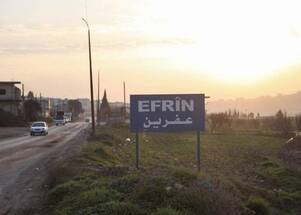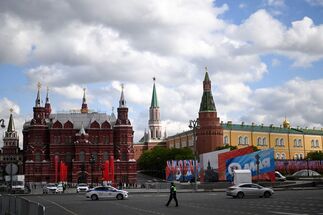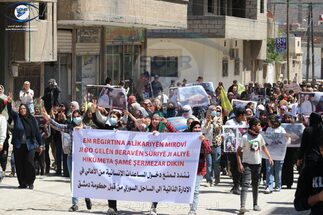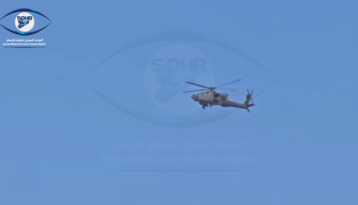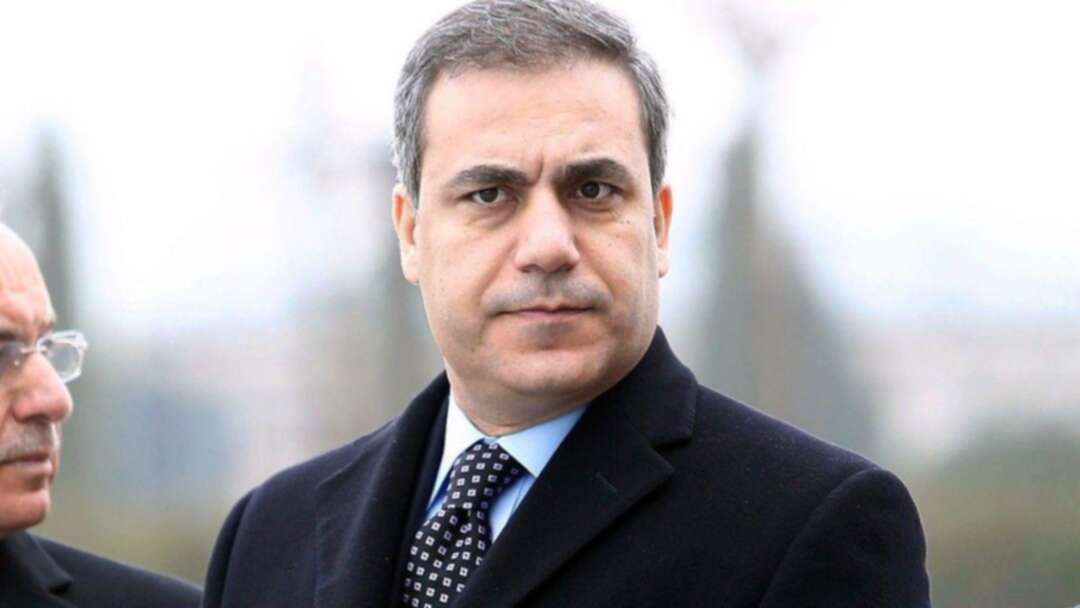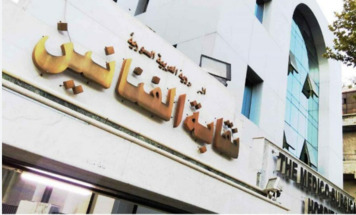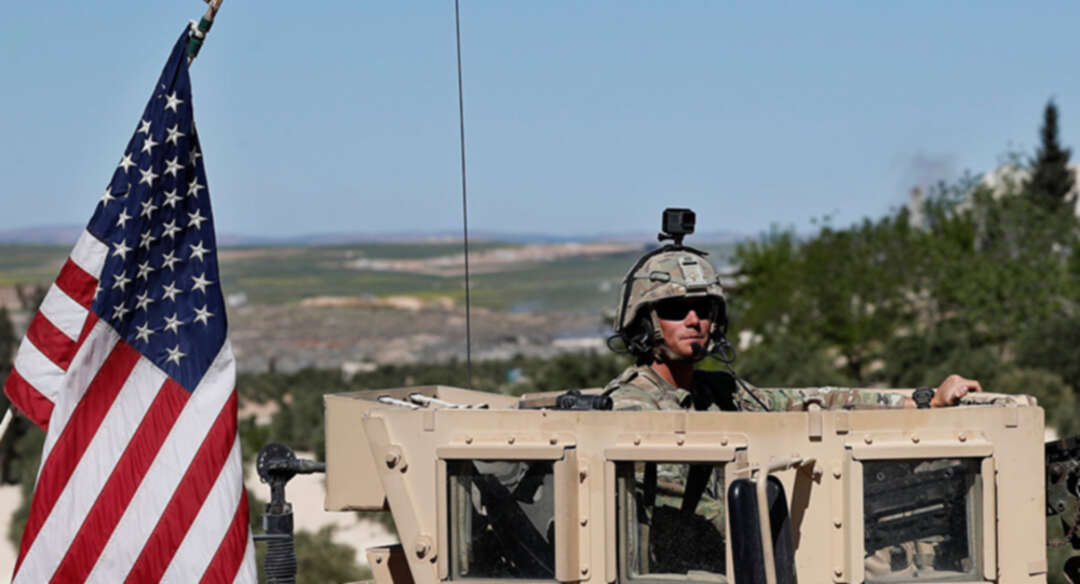-
Russia COVID-19 inoculation drive lags as vaccine reluctance, supply issues persist
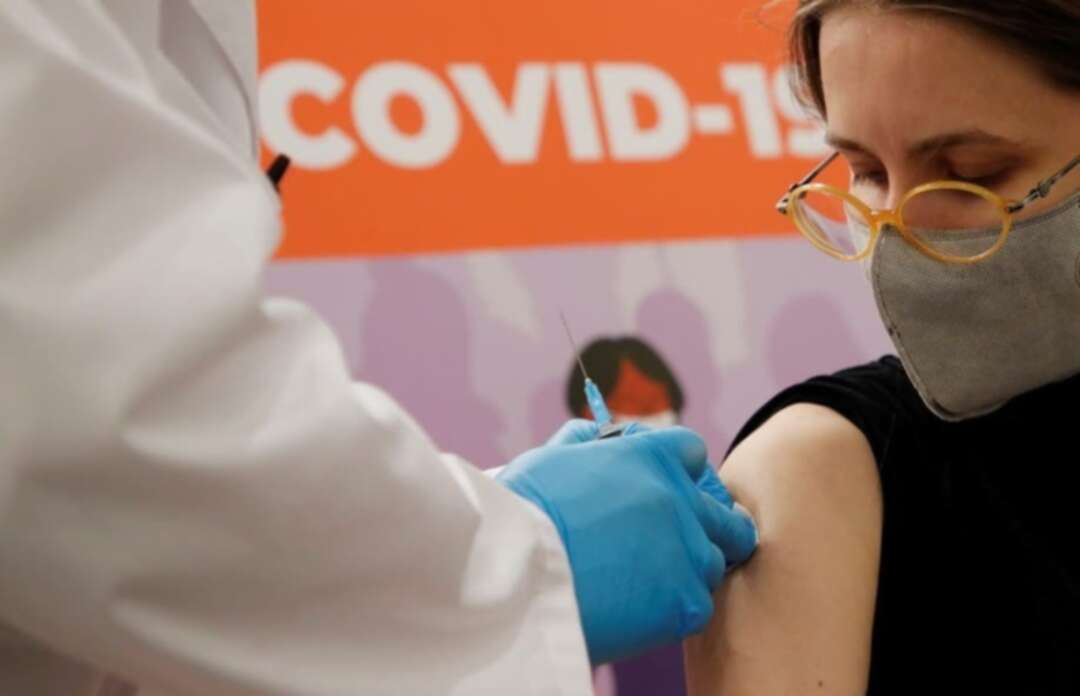
While at the Park House shopping mall in northern Moscow, Vladimir Makarov saw it was offering the coronavirus vaccine to customers, so he asked how long it would take.
“It turned out it’s simple here — 10 minutes,” he said of his experience last month.But Makarov, like many Muscovites, still decided to put off getting the Sputnik V shot.
Russia boasted last year of being first in the world to authorize a coronavirus vaccine, but it now finds itself lagging in getting its population immunized. That has cast doubt on whether authorities will reach their ambitious goal of vaccinating more than 30 million of country’s 146 million people by mid-June and nearly 69 million by August.
The vaccine reluctance comes as shots are readily available in the capital to anyone 18 or older at more than 200 state and private clinics, shopping malls, food courts, hospitals — even a theater.
As of mid-April, over 1 million of Moscow’s 12.7 million residents, or about 8 percent, have received at least one shot, even though the campaign began in December.
That percentage is similar for Russia as a whole. Through April 27, only 12.1 million people have gotten at least one shot and only 7.7 million, or 5 percent, have been fully vaccinated. That puts Russia far behind the US, where 43 percent have gotten at least one shot, and the European Union with nearly 27 percent.
Data analyst Alexander Dragan, who tracks vaccinations across Russia, said last week the country was giving shots to 200,000-205,000 people a day. In order to hit the mid-June target, it needs to be nearly double that.
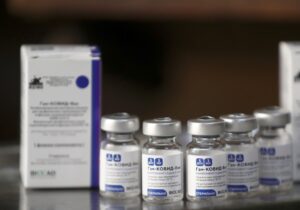 Empty vials of the Sputnik V (Gam-COVID-Vac) vaccine are pictured at the San Martin hospital, in La Plata, on the outskirts of Buenos Aires, Argentina January 18, 2021. (Reuters)
Empty vials of the Sputnik V (Gam-COVID-Vac) vaccine are pictured at the San Martin hospital, in La Plata, on the outskirts of Buenos Aires, Argentina January 18, 2021. (Reuters)“We need to start vaccinating 370,000 people a day, like, beginning tomorrow,” Dragan told The Associated Press.
Russia’s lagging vaccination rates hinge on several factors, including supply. Russian drug makers have been slow to ramp up mass production, and there were shortages in March in many regions.
So far, only 28 million two-dose sets of all three vaccines available in Russia have been produced, with Sputnik V accounting for most of them, and only 17.4 million have been released into circulation after undergoing quality control.
Waiting lists for the shot remain long in places. In the Sverdlovsk region, the fifth most-populous in Russia, 178,000 people were on a wait list by mid-April, regional Deputy Health Minister Yekaterina Yutyaeva told AP.
On April 28, Kremlin spokesman Dmitry Peskov said there are enough vaccines available in Russia, adding that demand was the defining factor in the country’s vaccination rate.
Another factor in Russians’ reluctance over Sputnik V was the fact that it was rolled out even as large-scale testing to ensure its safety and efficacy was still ongoing. But a study published in February in the British medical journal The Lancet said the vaccine appeared safe and highly effective against COVID-19, according to a trial involving about 20,000 people in Russia.
A poll in February by Russia’s top independent pollster, the Levada Center, showed that only 30 percent of respondents were willing to get Sputnik V, one of three domestically produced vaccines available. The poll had a margin of error of 3.4 percentage points.
Dragan, the data analyst, says one possible explanation for the reluctance is the narrative from authorities that they have tamed the outbreak, even if that assessment might be premature.
With most virus restrictions lifted and government officials praising the Kremlin’s pandemic response, few have motivation to get the shot, he said, citing an attitude of, “If the outbreak is over, why would I get vaccinated?”
Vasily Vlassov, a public health expert at the Higher School of Economics in Moscow, echoed Dragan’s sentiment and also pointed to inconsistent signals from officials and media.
“Russians in 2020 were bombarded with contradictory messages — first about (the coronavirus) not being dangerous and being just a cold, then that it was a deadly infection,” he told AP. “Then they were banned from leaving their homes.”
Another narrative, he said, was that foreign vaccines were dangerous but Russian-produced ones were not. State TV reported adverse reactions linked to Western vaccines while celebrating Sputnik V’s international success.
A proper media campaign promoting vaccinations didn’t begin on state TV until late March, observers and news reports note. Videos on the Channel 1 national network featured celebrities and other public figures talking about their experience but didn’t show them getting injected. President Vladimir Putin said he received the shot about the same time, but not on camera.
Rumors about the alleged dangers of vaccines actually surged on social media in December, when Russia began administering the shots, and have continued steadily since then, said social anthropologist Alexandra Arkhipova.
The rumors combined with other factors — the pseudoscience on Russian TV, vaccine distribution problems and an uneven rollout of the promotional campaign — to hamper the immunization drive, Arkhipova told AP.
source: The Associated Press
Image source: Reuters
Levant
You May Also Like
Popular Posts
Caricature
BENEFIT Sponsors Gulf Uni...
- April 17, 2025
BENEFIT, the Kingdom’s innovator and leading company in Fintech and electronic financial transactions service, has announced its sponsorship of the “Innovation and Sustainable Technology Solutions Competition (GU - IST Solutions), hosted by Gulf University at its main campus.
This strategic sponsorship reflects BENEFIT’s active role in advancing technological innovation and fostering sustainable solutions to future challenges. It also seeks to empower Bahraini youth by enhancing their skills, capabilities, and competitiveness in innovation and solution development—contributing meaningfully to the broader goals of sustainable development across all sectors.
As part of BENEFIT’s active involvement in the competition, the company has announced that Hanan Abdulla Hasan, Senior Manager of Public Relations and Communication, will serve on the competition’s supervisory committee. Her upcoming participation reflects BENEFIT’s forward-looking commitment to championing academic and professional excellence.
Commenting on the occasion, Hanan Abdulla Hasan, Senior Manager of Public Relations and Communication at BENEFIT, said, “We are privileged to support this pioneering initiative, which aligns seamlessly with BENEFIT’s enduring commitment to fostering innovation and nurturing the potential of Bahrain’s youth. Our participation is rooted in a deep sense of social responsibility and a firm belief in the pivotal role of innovation in shaping a sustainable future. Through such platforms, we seek to empower the next generation with the knowledge, skills, and foresight required to develop impactful solutions that address future challenges, in line with the United Nations Sustainable Development Goals 2030.”
Dr. Aseel Al Ayash Dean of the College of Engineering in Gulf University commented, “We extend our sincere gratitude to BENEFIT for their generous sponsorship and support of the Innovation and Sustainable Technology Solutions Competition. This contribution plays an instrumental role in helping us achieve the strategic goals of this initiative, namely, cultivating a culture of innovation and sustainability, encouraging efforts that address the imperatives of sustainable development, and enhancing the practical and professional capabilities of our students and participants.”
The event will bring together a diverse spectrum of participants, including secondary school students, university undergraduates, engineers, industry professionals, entrepreneurs, academic researchers, and subject matter experts representing a wide range of disciplines.
The competition seeks to inspire participants to develop and present innovative, sustainable technologies aimed at addressing pressing environmental, social, and economic challenges. It encourages the formulation of business models that integrate advanced technological solutions with core principles of sustainability. Moreover, it serves as a platform for emerging leaders, entrepreneurs, and innovators to contribute to the advancement of the Sustainable Development Goals, promote the ethos of responsible technology, and demonstrate its transformative potential across various sectors.
Attendees will have the opportunity to view a series of project presentations submitted by participants, covering diverse areas such as eco-friendly product design, smart and sustainable innovations, renewable energy technologies, water conservation and management, waste minimisation and recycling, green architectural solutions, and sustainable transportation systems. Outstanding projects will be formally recognised and awarded at the conclusion of the event.
opinion
Report
ads
Newsletter
Subscribe to our mailing list to get the new updates!

